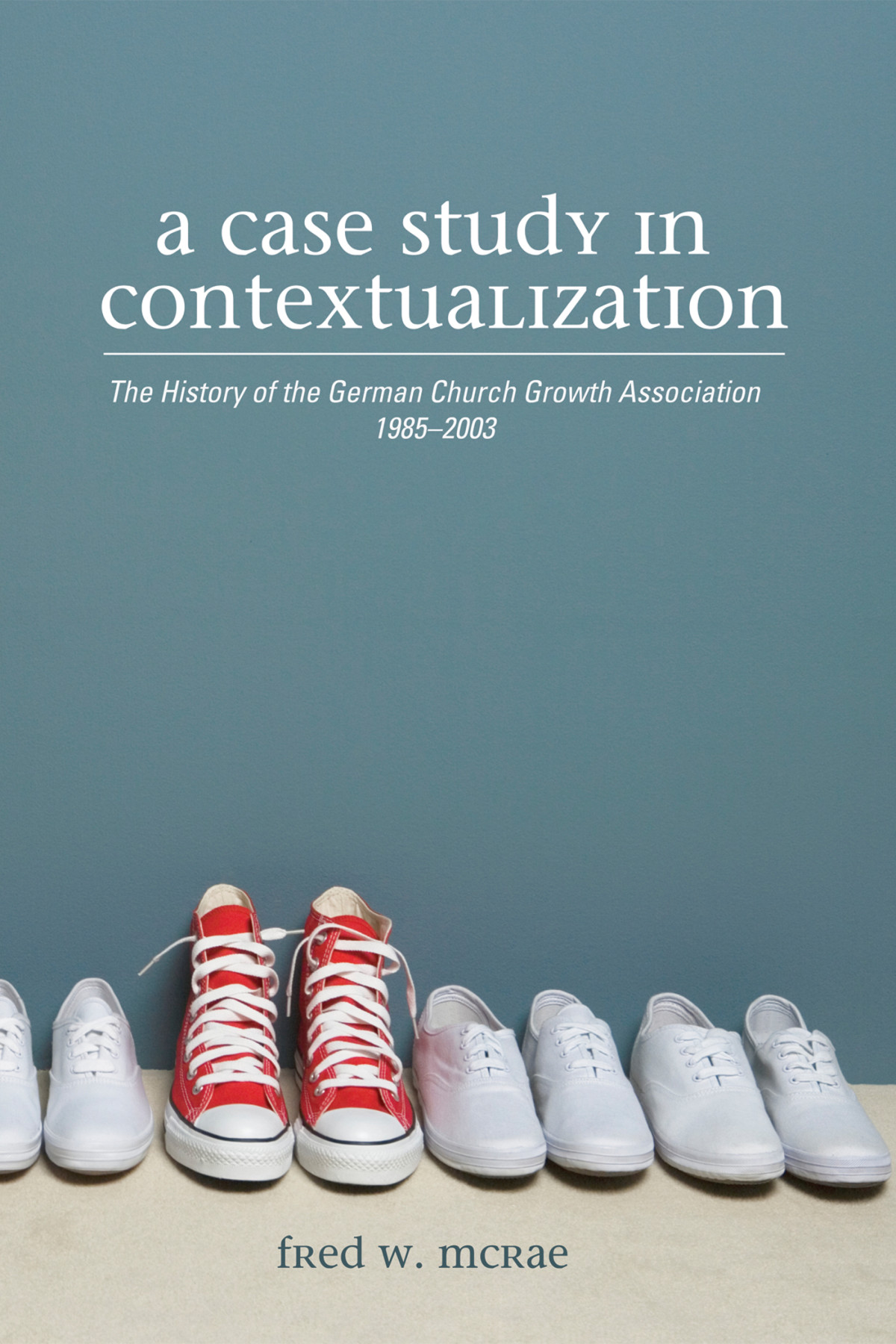

Most ebook files are in PDF format, so you can easily read them using various software such as Foxit Reader or directly on the Google Chrome browser.
Some ebook files are released by publishers in other formats such as .awz, .mobi, .epub, .fb2, etc. You may need to install specific software to read these formats on mobile/PC, such as Calibre.
Please read the tutorial at this link: https://ebookbell.com/faq
We offer FREE conversion to the popular formats you request; however, this may take some time. Therefore, right after payment, please email us, and we will try to provide the service as quickly as possible.
For some exceptional file formats or broken links (if any), please refrain from opening any disputes. Instead, email us first, and we will try to assist within a maximum of 6 hours.
EbookBell Team

4.8
94 reviewsThe content of the gospel never changes; however, communicating it constantly fluctuates. Conveying the gospel to a homeless, hungry woman may include providing a hot bowl of chili, while an agnostic co-worker might be open after several rounds of golf. The message is the same, but the method of communicating it is as wide and varied as life itself. Finding the correct method is like hitting the "sweet spot" on a tennis racket or golf club. It takes time, study, and practice, but once you find it you have more success. The "sweet spot" in missions is called contextualization and involves much more than learning a new language. It means knowing a country's religious, political, and social conditions. Correct theology, financial backing, and language acquisition are meaningless without contextualization. This book tells the story of a German organization struggling to contextualize the gospel in a very hostile environment. Its mission was to revive a dying church, characterized by centuries-old religious pride and pluralism. This study details the challenges of faithfully communicating the gospel in a post-Christian culture and serves as a study to enable missionaries to recognize and respond to cultural issues affecting the contextualization process.
**
ReviewToday in post-Christian Europe, Germany ranks at the top of those countries in need of the saving grace of the gospel. Although the soil is hard, Fred McRae skillfully draws upon his many years of field expertise and careful research to show how missions contextualization, in this spiritually and emotionally torn culture, may be used . . . to build the church not only in Germany, but in all parts of the world! --Ronald T. Michener, professor, Department of Systematic Theology, Evangelische Theologische Faculteit, Belgium
During my forty years of service to the Volkskirche, I met many American missionaries, most of whom had difficulty understanding our church and recognizing the unique challenges of the German culture. McRae's work on contextualization is a must-read for anyone considering working as a missionary in Germany, and will offer much-needed insight into navigating Germany's unique culture and spiritual climate. --Bernd Schlottoff, pastor (retired), German Protestant Church, Germany
This book is a must-read for anyone wanting to understand the struggles of the German Protestant Church since World War II. Readers will find the intersection of German history, Hitler, and the emergence of the Church Growth Movement fascinating. . . . I am confident that it will provide invaluable information for anyone who aims to work in Germany in the future. --Forrest Weiland, director, Master of Biblical Studies Program, Veritas Evangelical Seminary
During my forty years of service to the Volkskirche, I met many American missionaries, most of whom had difficulty understanding our church and recognizing the unique challenges of the German culture. McRae's work on contextualization is a must-read for anyone considering working as a missionary in Germany, and will offer much-needed insight into navigating Germany's unique culture and spiritual climate. --Bernd Schlottoff, pastor (retired), German Protestant Church, Germany
This book is a must-read for anyone wanting to understand the struggles of the German Protestant Church since World War II. Readers will find the intersection of German history, Hitler, and the emergence of the Church Growth Movement fascinating. . . . I am confident that it will provide invaluable information for anyone who aims to work in Germany in the future. --Forrest Weiland, director, Master of Biblical Studies Program, Veritas Evangelical Seminary
About the AuthorFred McRae, a missionary with Global Outreach International, has worked in Germany as a church planting and church growth consultant since 1986. Before arriving in Germany, he planted churches in Texas and Oklahoma. He received a ThM from Dallas Theological Seminary in 1980. In 2009 he earned a PhD from the Evangelical Theological Faculty, in Leuven, Belgium for his research on the German Church Growth Association.